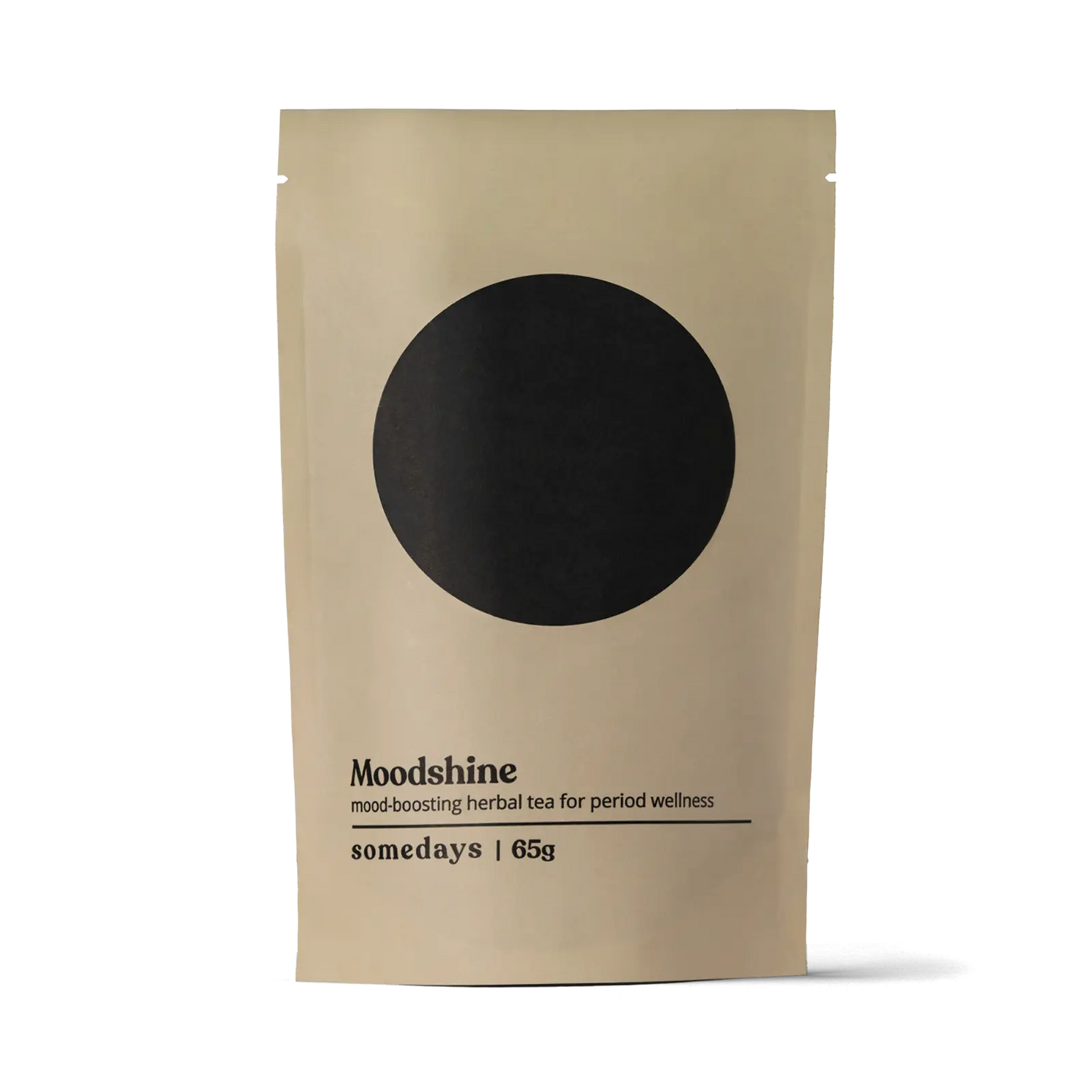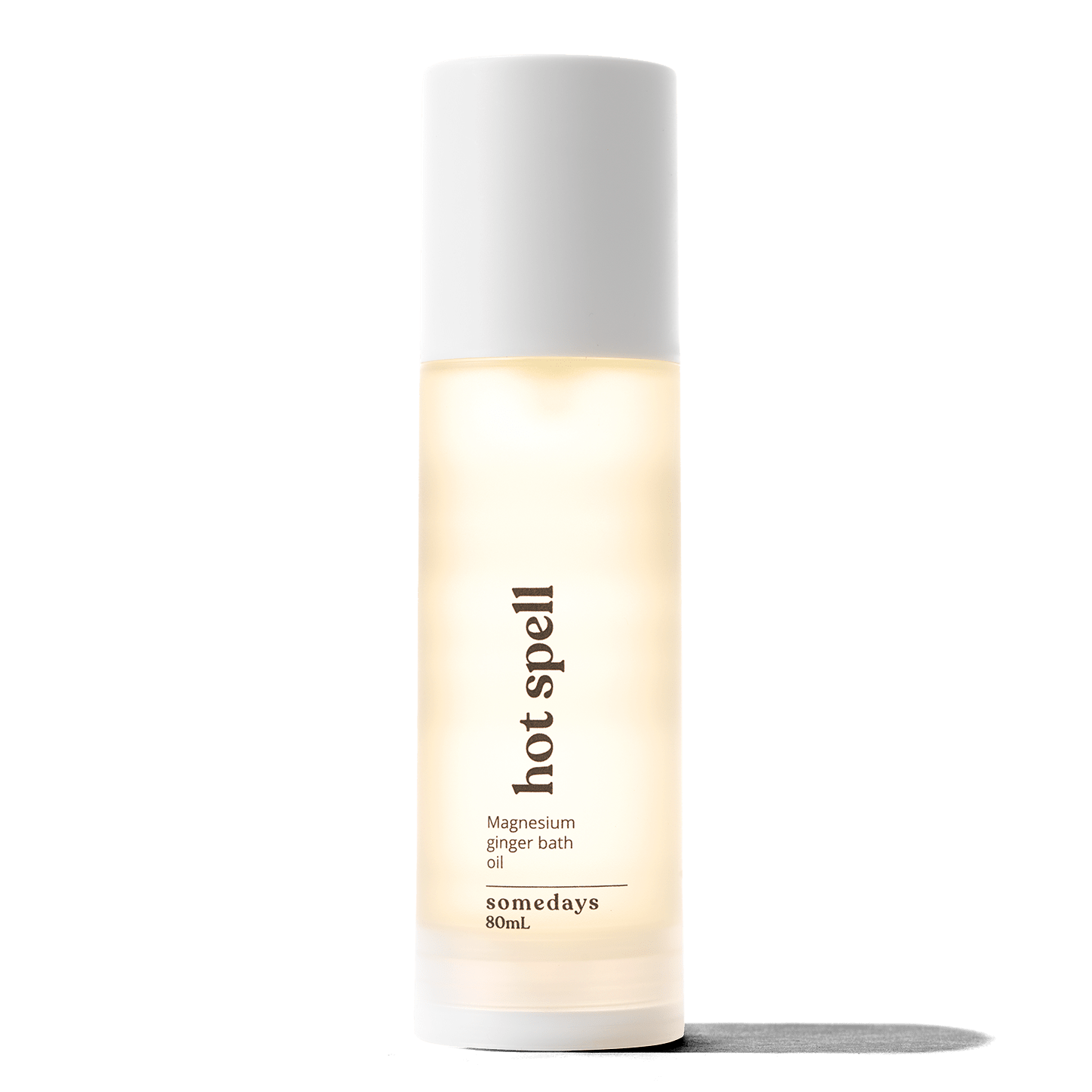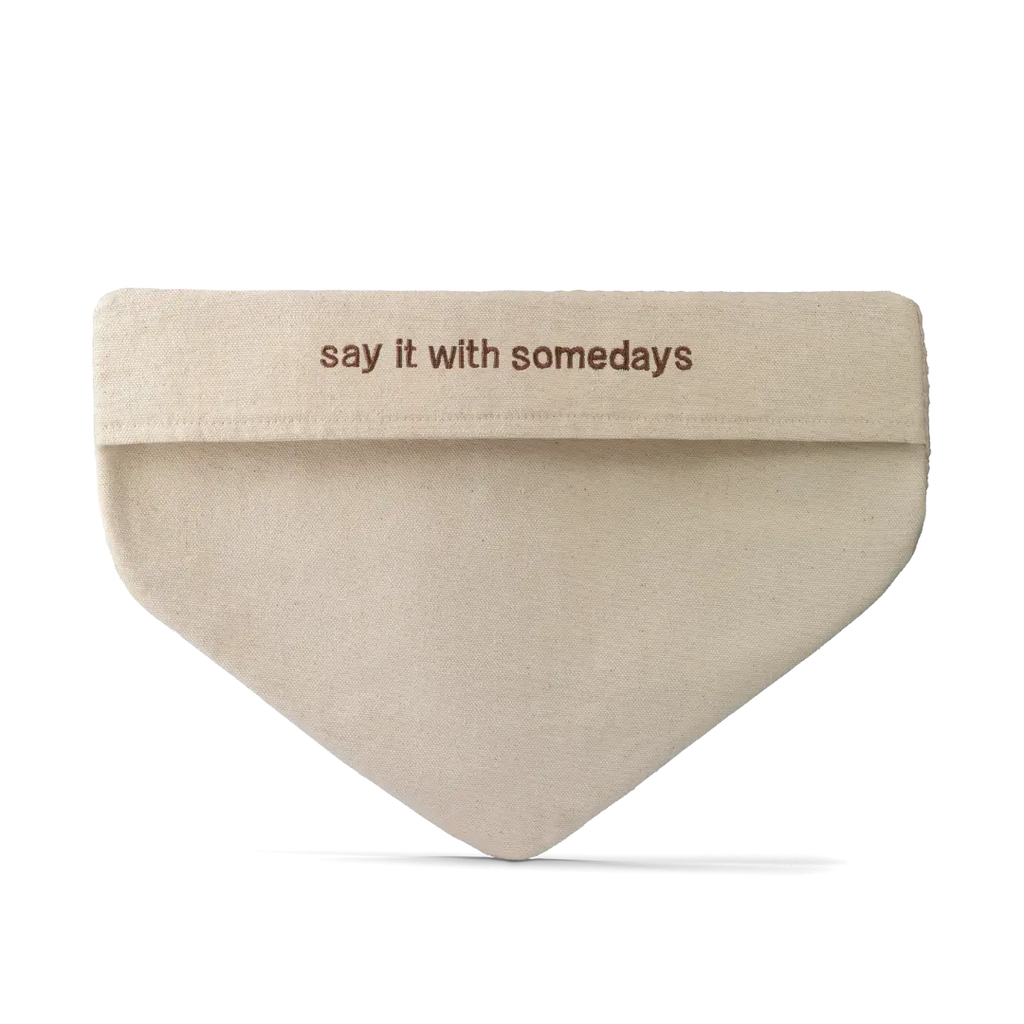7 Ways To Create A More Period Inclusive Workplace

As I’m writing this, I’m ironically and fittingly bleeding ferociously on my break from work. I'm sandwiched between two flax seed heat pads, waiting for my next piano student to arrive, as I try to muster the energy to engage meaningfully with an eight year old.
I was reluctant to bring the heat pads to work in the first place, in the case that my boss saw me and asked what was wrong. Being a menstruator herself, I know she would understand and be supportive, but for some reason, I feel a deep rooted belief that what I’m doing is inappropriate.I can’t deny that I have a fear of being seen as a slacker, being perceived as working less hard than those around me, and not performing at the level that is expected of me.
Capitalism has created workplace cultures and traditions in all sectors that deny certain human beings the liberty to be human. Capitalistic value systems are based on abstract measures such as money, and numbers, and these systems attempt to fit humans and their bodies into a spreadsheet: hence, the 8 hour work day, the 2 weeks vacation, the 0 paid sick days.
Of course, the origins of the workplace did not include and accommodate any unable bodies; the numbers and projections relied on the fact that everyone in the workplace was especially able bodied and was a man.
Being a menstruator within the workplace is met with a variety of hurdles.
Ever since people with uterus’ have entered the workplace, due to inherent misogyny and sexism perpetuated by capitalism (i.e. the false belief that women's bodies were not as capable as men to produce capital gain), women and menstruating bodies have always been forced to prove their capital value and worth.
Termination for having a uterus was and still is a reality within the workplace, due to the simple fact that our biology is seen as getting in the way of production and gain. Therefore, the shame sets in, forcing an unjust and impossible silence.
The system is a broken one, that doesn’t encourage care, nuance, and connection in the places where we spend a majority of our days.
Whether you are an employer or an employee reading this, there are ways that employers, companies and corporations can foster workplace environments that are inclusive of the diversity and nuance that is menstruation and allow for the necessary rest and care for those with menstrual pain and related conditions:
1. Understand That Menstruation Doesn’t Have a Gender
The act of menstruation is a biological function that is not gender specific. Any and all bodies experience menstruation. Disposal boxes for pads, tampons and other menstrual products should be provided in all washroom stalls, regardless of the gender indicated on the front door. Period.
2. Provide Free and Accessible Menstruating Products In the Workplace
Consider asking people in your workplace if they would like to donate some of their own supply to a communal workplace menstruation cupboard, box or pantry. Or simply purchase these goods for your workplace and place them in a known and accessible place.
Providing these necessities in a visible and labelled space not only makes the reality of menstruation less taboo for menstruators and non-menstruators within the workplace, but also demonstrates values of care, compassion and inclusivity.
3. Understand that all Menstruators Experience Pain Differently
Menstruation and the pains that can accompany it, are unique to every body and there is no standard of menstruating to go by in the workplace. For example, whilst I experience mild to severe cramps each period, which may require me to sit down and apply heat - I can most likely be present in a workplace for the day, granted I am able to sit down and take regular breaks.
However, many menstruators have chronic conditions such as but not limited to, endometriosis, and PCOS (polycystic ovary syndrome), that cause monthly chronic pain as well as debilitating periods (fainting, nausea, back and body pain, unable to walk, migraines).
A person with one of these conditions will require more rest and support throughout their cycle, may have to work from home, or miss work entirely for several days a month.
As a workplace, understanding the spectrum and diversity of periods and pelvic pain, is the preliminary and crucial step in order for everyone to experience their period without shame. Don’t hold people to a menstruating standard, because, well there isn’t one.
4. Provide Paid Menstrual Leave
As mentioned above, menstrual pain and related conditions can be debilitating, and the stress of not being seen in one's pain and chronic condition at work as well as in medical spaces and systems, can only worsen conditions and their negative impacts.
Providing paid menstrual leave in your workplace shows that you advocate for your employees and their diverse and necessary needs. By allowing for necessary rest, you allow for more meaningful work and long term employees who have pride in being part of your workspace. Some companies and corporations who provide paid menstrual leave are somedays, Zomato, Future Super and Chani Nicholas.
5. Provide Space and Time for Rest Within the Workplace
Whether your workplace is a busy cafe, or a high rise office space, providing space and time for rest outside of the already provided mid shift breaks, is necessary in creating inclusivity within the workplace. Depending on someone’s body and their abilities, sitting or standing all day can bring about discomfort and pain that able bodied individuals may not experience.
It is able-ist to expect all bodies to perform to a standard, since all bodies function and move differently. It could simply be an extra chair in the back designated for sitting rest, a communal couch or couches to lie down on, and/or a quiet and somewhat dark private room (an unused office perhaps?) designated for resting.
By prioritizing these types of spaces, employees will feel like their body and their pain is acknowledged at work, allowing them to contribute within their own specific capacity and still feel valued and respected.
6. Integrate Regular Discussions of Menstrual Pain Support
As an employer, manager or supervisor, creating conversation and awareness around the diverse experiences of menstruation to menstruating and non-menstruating bodies within the workplace, only allows for more understanding and inclusivity. If you have a weekly newsletter, include a link to this article, or the various others cited at the bottom.
At a staff meeting, make it known that chronic pain and period pain are valid reasons to miss or leave work, and that as a team we are here to support one another. In orientation packages and sessions with new employees, make it clear that menstrual pain and related conditions are acknowledged and taken seriously.
Regularly remind your workplace of these priorities regarding menstruation. In order to fight stigma, there has to be persistent resistance against our embedded biases and prejudice.
7. Understand That People Don’t Have to Tell You About Their Pain
Due to centuries of misogyny and discrimination towards menstruating bodies within the workplace, menstruators may hold shame and fear around being open about their pain. Menstrual pain and related chronic conditions are also often dismissed in medical situations, therefore, explaining one's pain can be triggering and traumatic.
As an employer, manager or supervisor, you are not entitled to know the reasons for someone needing to rest, needing the day off, or needing to leave work. Trust that your employee is asking for what they need in the way they know how and support them.
The expectation of work and production affect all of us and our bodies, so integrating the practices mentioned above can be difficult for some to understand, due to our deeply embedded problematic ideals of success and work ethic.
However, through integrating inclusive practices that acknowledge and support menstruating bodies, your workplace is creating a strong communal foundation, which in turn allows for more meaningful work, and longer employee retention. It is through this advocacy for inclusivity and awareness, that we are reminded of our human condition and integral values of community and care, which will always transcend productivity.
Previous Article All Articles Next Article
All ArticlesFlaxseed Heatpad
Designed to fit comfortably over your pelvis, this weighted heatpad is hand made and custom embroidered in-house. Warm again and again in the microwave or oven to enjoy long-lasting heat infused with chamomile essential oil for aromatic bliss.
$65.00
ADD TO CARTCramp Cream
Ease period cramps instantly with our plant-based Cramp Cream. Formulated with natural active ingredients that address period discomfort at the root cause, making it an excellent alternative to traditional methods. Cramp Cream lasts up to 3 hours and can be reapplied as needed, anywhere you experience period discomfort.
$32.00
ADD TO CART




